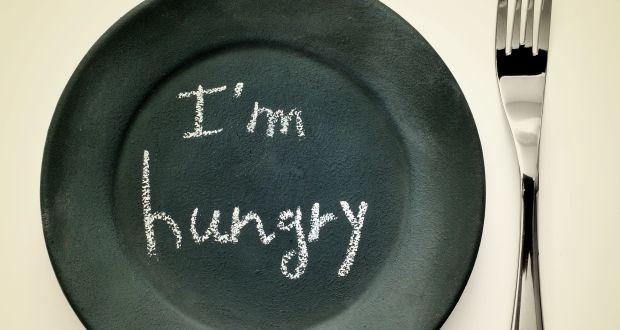What to Know About Cat Head Pressing
Cat head pressing is a peculiar behavior observed in cats. Although it might appear alarming, it refers to a specific action where cats press their heads, often against walls, furniture, or corners, with apparent persistence and force. This behavior can indicate underlying medical issues or express normal feline behavior, depending on the circumstances and accompanied symptoms.
Potential Medical Causes of Cat Head Pressing:
1. Neurological Disorders: Head pressing can signal potential neurological issues, including brain inflammation or tumors. Cats may experience imbalances or altered consciousness, affecting their spatial awareness and coordination.
2. Toxins, Poisons, and Trauma: Exposure to toxins or injuries can also lead to head pressing. When cats ingest poisonous substances or suffer head trauma, abnormal behaviors, including head pressing, can manifest.
3. Metabolic Disorders: In certain cases, metabolic imbalances, such as severe kidney or liver dysfunction, might lead to head pressing.
Normal Cat Behavior Associated with Head Pressing:
1. Marking Territory: Head pressing is a known component of feline scent-marking behavior. Cats have facial scent glands around the cheeks, forehead, and temples. Pressing their heads against surfaces leaves a scent mark that communicates with other cats about their presence, territory, and even sexual availability.
2. Exploration and Orientation: Exploring their surroundings is an essential feline behavior. Head pressing may happen when cats are navigating tight spaces or getting acquainted with new environments. It assists their spatial navigation and familiarity.
3. Relieving Stress: Head pressing can serve as a soothing mechanism for cats during stressful or anxious situations. Pressing their heads against objects might evoke a sense of comfort and grounding.
When to Seek Veterinary Assistance:
Head pressing warrants veterinary attention when accompanied by other concerning symptoms or if it becomes a frequent occurrence deviating from normal behavior. Signs that indicate the need for veterinary evaluation include:
- Persistent or frequent head pressing
- Seizures, disorientation, or loss of coordination
- Vomiting, diarrhea, or signs of discomfort
- Sudden changes in behavior, appetite, or water intake
- Squinting, dilated pupils, or unusual eye movements
- Lethargy, disinterest, or unusual restlessness
If your cat exhibits head pressing behavior with any of these symptoms, seeking professional advice from a veterinarian is crucial to identify any underlying medical conditions that require treatment. Your vet will perform thorough assessments, including physical examinations and diagnostics, to determine the underlying cause and recommend appropriate management strategies.
-
Low Calorie Diet Plans that May Work For You
You must have heard about the term ‘low-calorie’ die
-
How Protein Helps Weight Loss
Increasing your intake of protein for fat loss is definitely a good s
-
10 Tidbits of Weight-Loss Wisdom from The Biggest Loser
I Am The Biggest Loser? I claim the title The Biggest Loser. Not becau
-
What Is The Correlation Between Exercise And Weight Loss?
If you are serious about improving your current physical conditi
-
Wedding Tips Every Bride And Groom Should Hear
TIP! It is important to practice walking down the aisle as of
-
Things To Consider When Preparing To Lose Weight
When considering a new weight loss program or making drastic changes
- About Tips
- Be Successful In Your Effort To Lose Weight
- How to Lose Weight As a Teenager
- Basic Weight loss & Diet Tips (1 to 10)
- Are you Starving to Lose Weight?
- Weight loss tip #117 – Carry a small water bottle to work
- Sugar Challenge Tips and Tricks
- Superb Weight Loss Tips Just For You!
- वज़न घटाने के नुस्ख़ा #9: असमय भूख लगने के कारण और इससे राहत पाने के उपाय
- Lose Weight Together - Find Fun Ways To Do It
- How To Weight Loss Care, Tips



